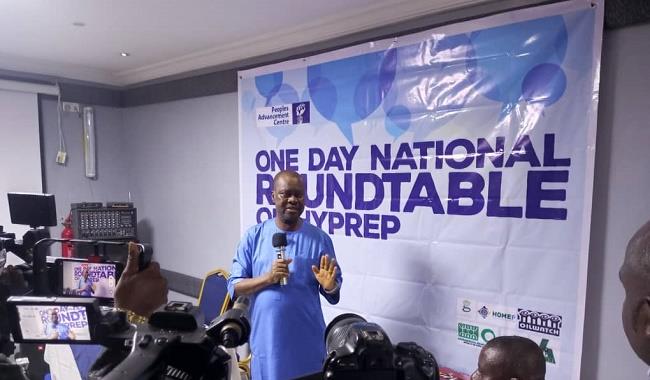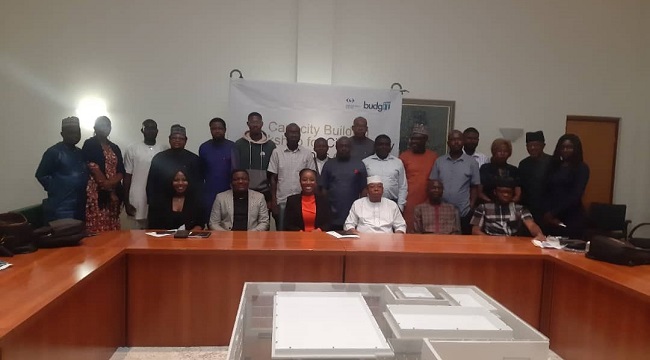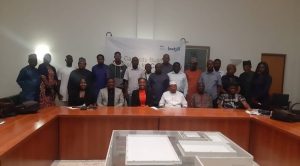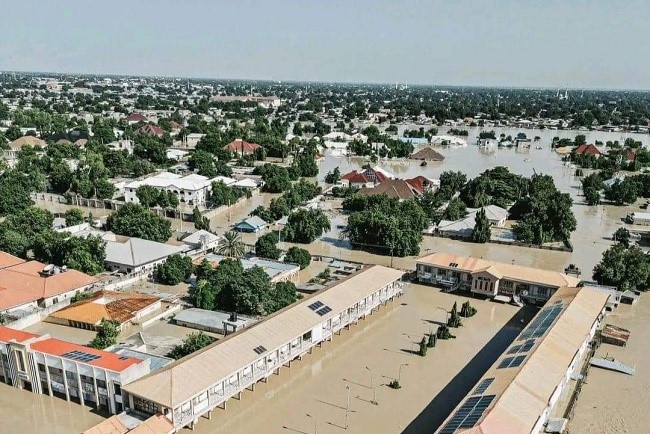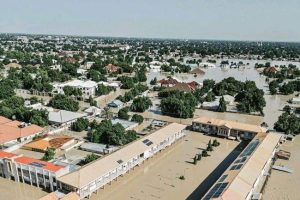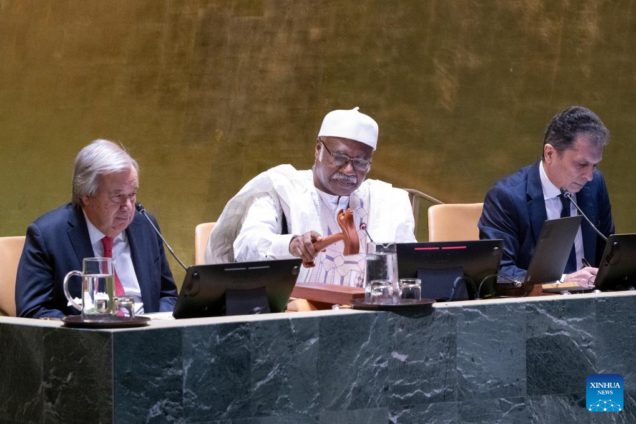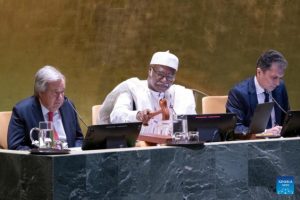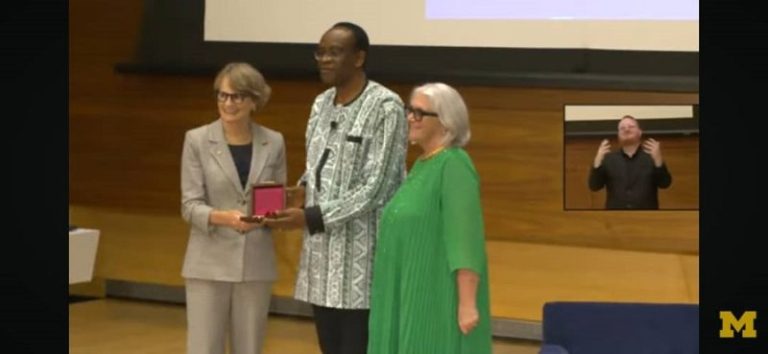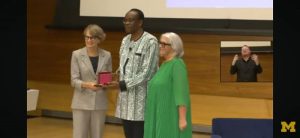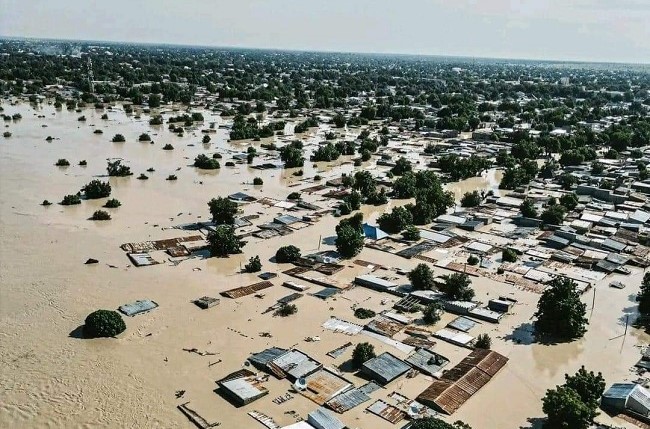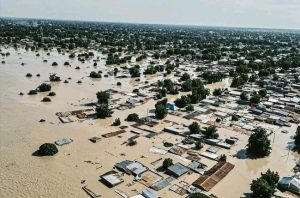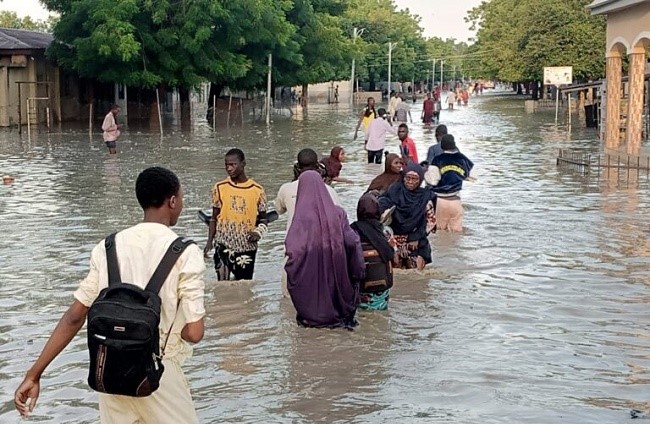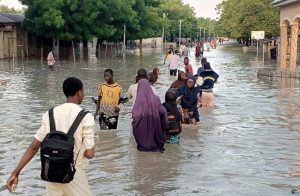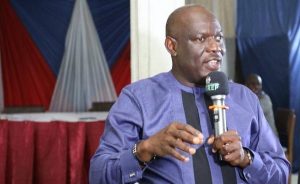Environmental Defenders Network (EDEN) has faulted the Borno State Government, the Federal Government and the state’s emergency response team for their failure to protect the lives and properties of the people in Maiduguri, following the collapse of the Alau Dam in Borno State, which has led to severe flooding in Maiduguri.
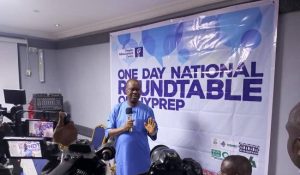
The Alau Dam collapsed on Tuesday, September 10, 2024, causing severe flooding which has submerged thousands of homes and displaced residents in several communities in Maiduguri.
Reacting to the incident, the Executive Director of EDEN, Chima Williams, decried the inability of the managers of the dam proactively detect the rising water levels of the dam, which led to the collapse of the bridge.
Williams observed that the Nigeria Meteorological Agency (NiMet) had issued prior warnings that were ignored by both the federal and state governments, which has led to the loss of livelihood in Fori, Galtimari, Gwange, Bulabulin, and other affected communities.
“In 30 years, this is the worst flooding Borno State has experienced and it could have been avoided. Homes have been destroyed. People have been displaced. Schools have been shut down. This shows a huge gap in our emergency management system in Nigeria,” he said.
Williams added that such disaster could have been avoided if the federal and state emergency management agencies were functional and proactive in carrying out their duties and serving the people.
He admonished other states to be watchful, to avoid a similar disaster. He also called on the federal and state governments to provide temporary accommodation for the affected communities, and to send food and other relief materials to cushion the effects of the flood.

